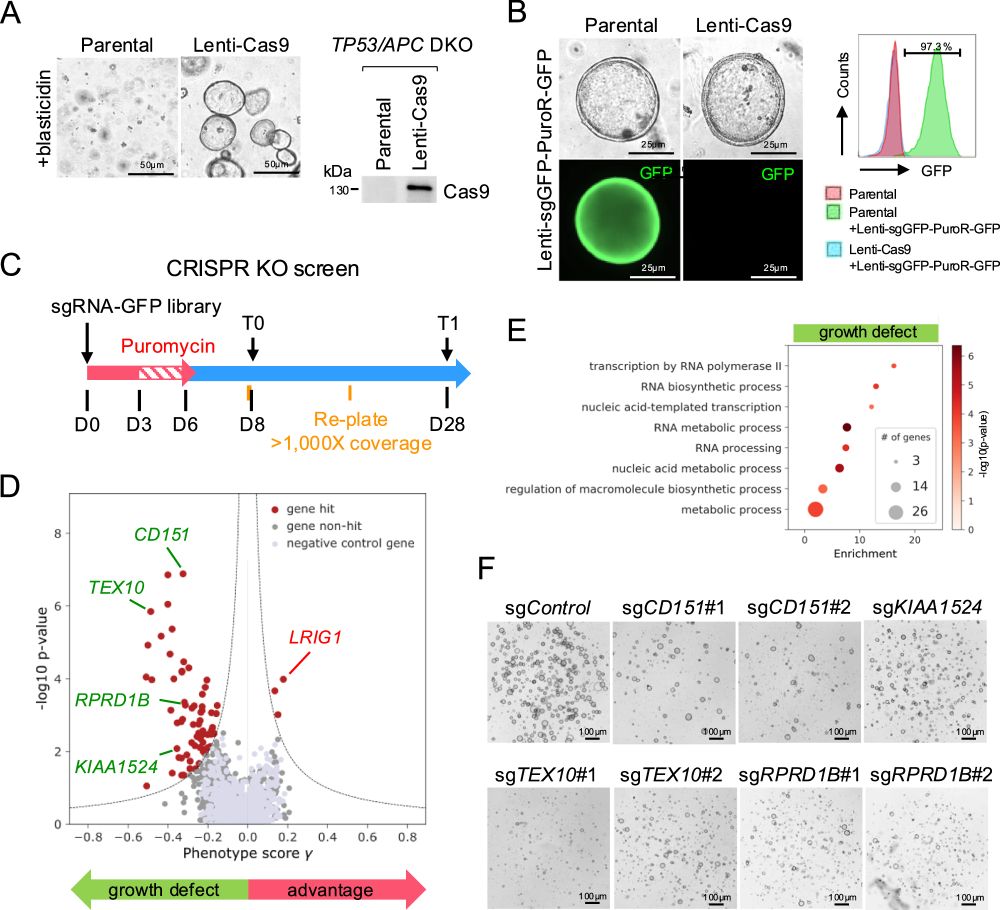Ph.D., UiT 🇳🇴 Visiting Ph.D., UMC Utrecht 🇳🇱
M.Sc., Kangwon National University 🇰🇷
B.Sc., Microbiology, JU 🇧🇩 ❤️
Interested in studying gastrointestinal infections using chemical tools
Our study on "Profiling the proteome-wide selectivity of diverse electrophiles" is published in Nature Chemistry.(1/7)
www.nature.com/articles/s41...

Our study on "Profiling the proteome-wide selectivity of diverse electrophiles" is published in Nature Chemistry.(1/7)
www.nature.com/articles/s41...

www.ohsu.edu/school-of-me...
Great program, including talks by Carasco, Chang, Bogyo, Baskin, Swarts, Sampson, Sletten, Dodani, Francis, Urano, Gibbs, etc.
www.ohsu.edu/school-of-me...
Great program, including talks by Carasco, Chang, Bogyo, Baskin, Swarts, Sampson, Sletten, Dodani, Francis, Urano, Gibbs, etc.

www.sciencedirect.com/science/arti...
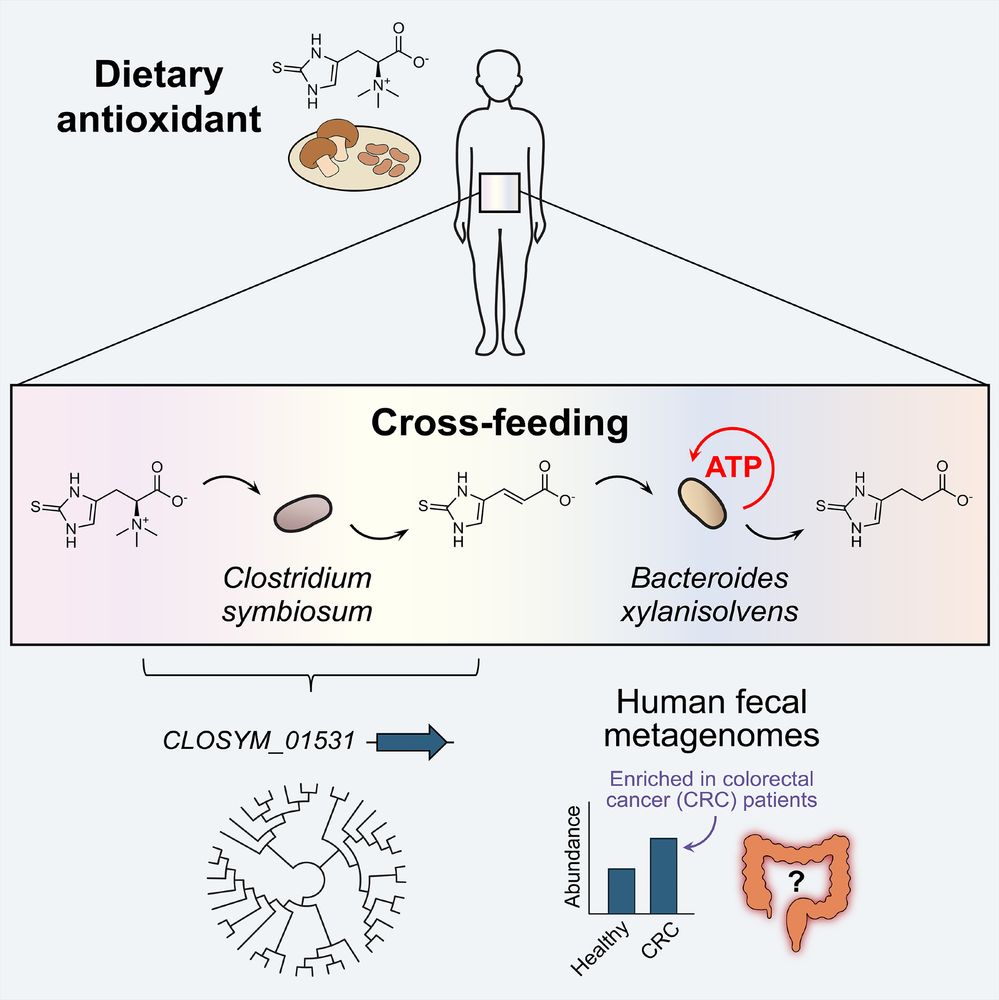
www.sciencedirect.com/science/arti...
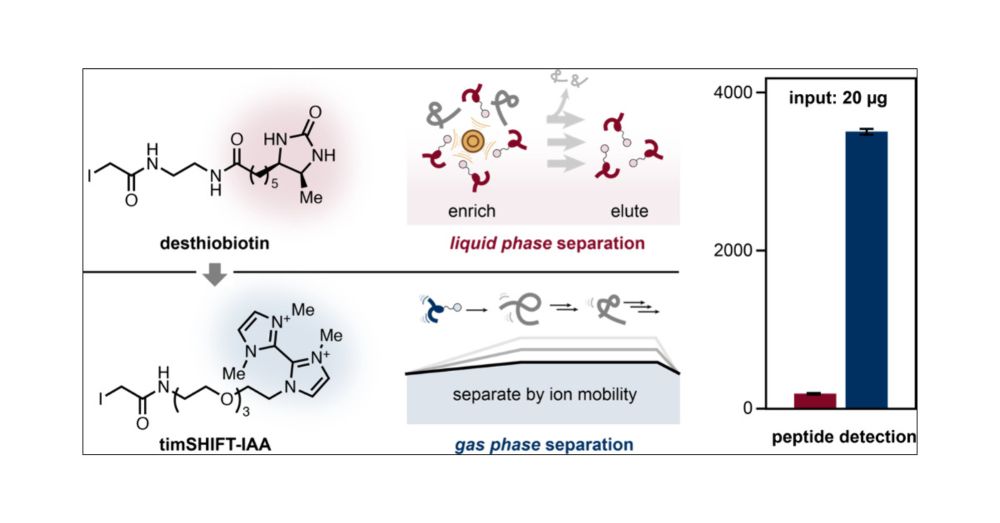
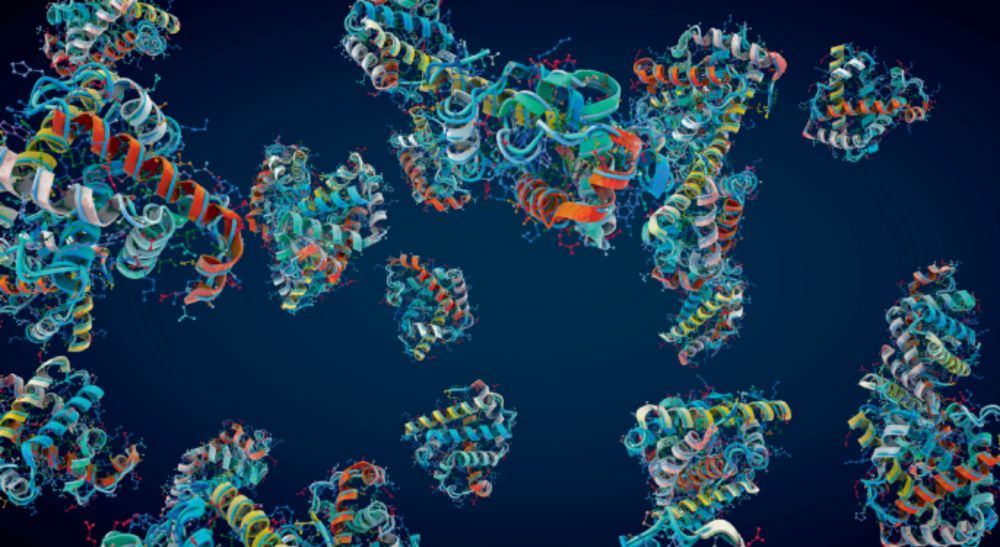



doi.org/10.1007/978-...
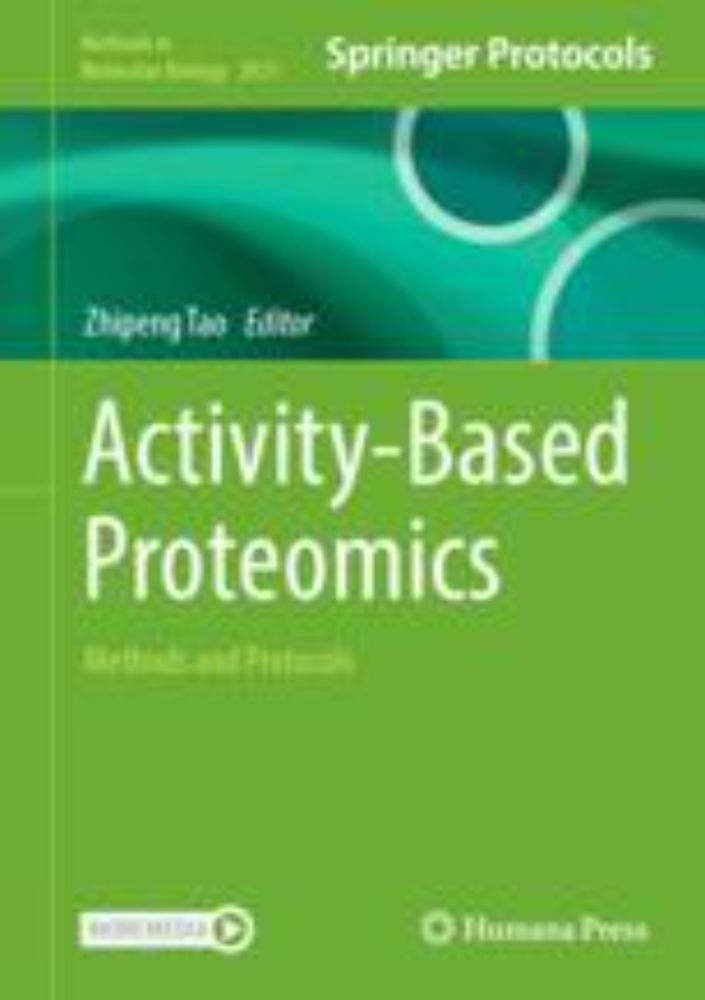
doi.org/10.1007/978-...
link.springer.com/article/10.1...
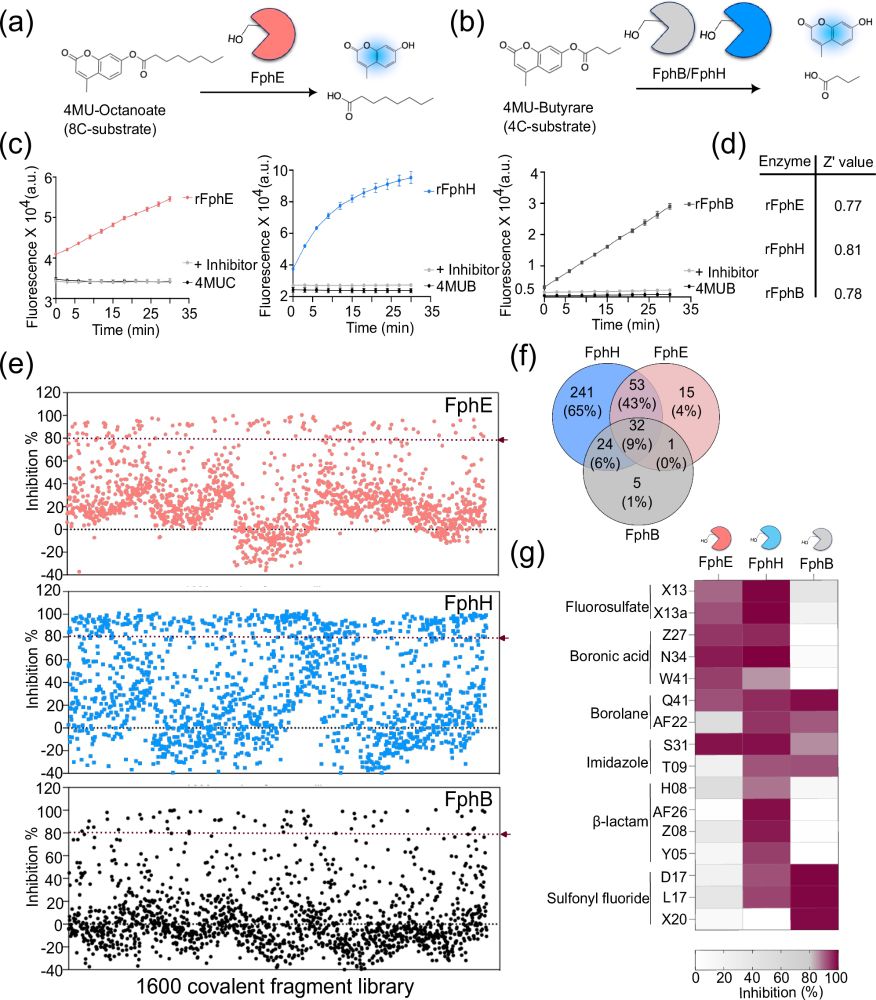
link.springer.com/article/10.1...
www.sciencedirect.com/science/arti...
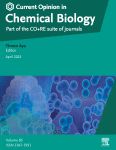
www.sciencedirect.com/science/arti...
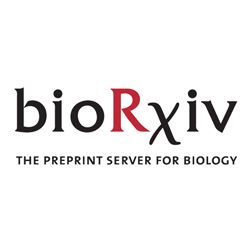
pubs.acs.org/doi/10.1021/...




